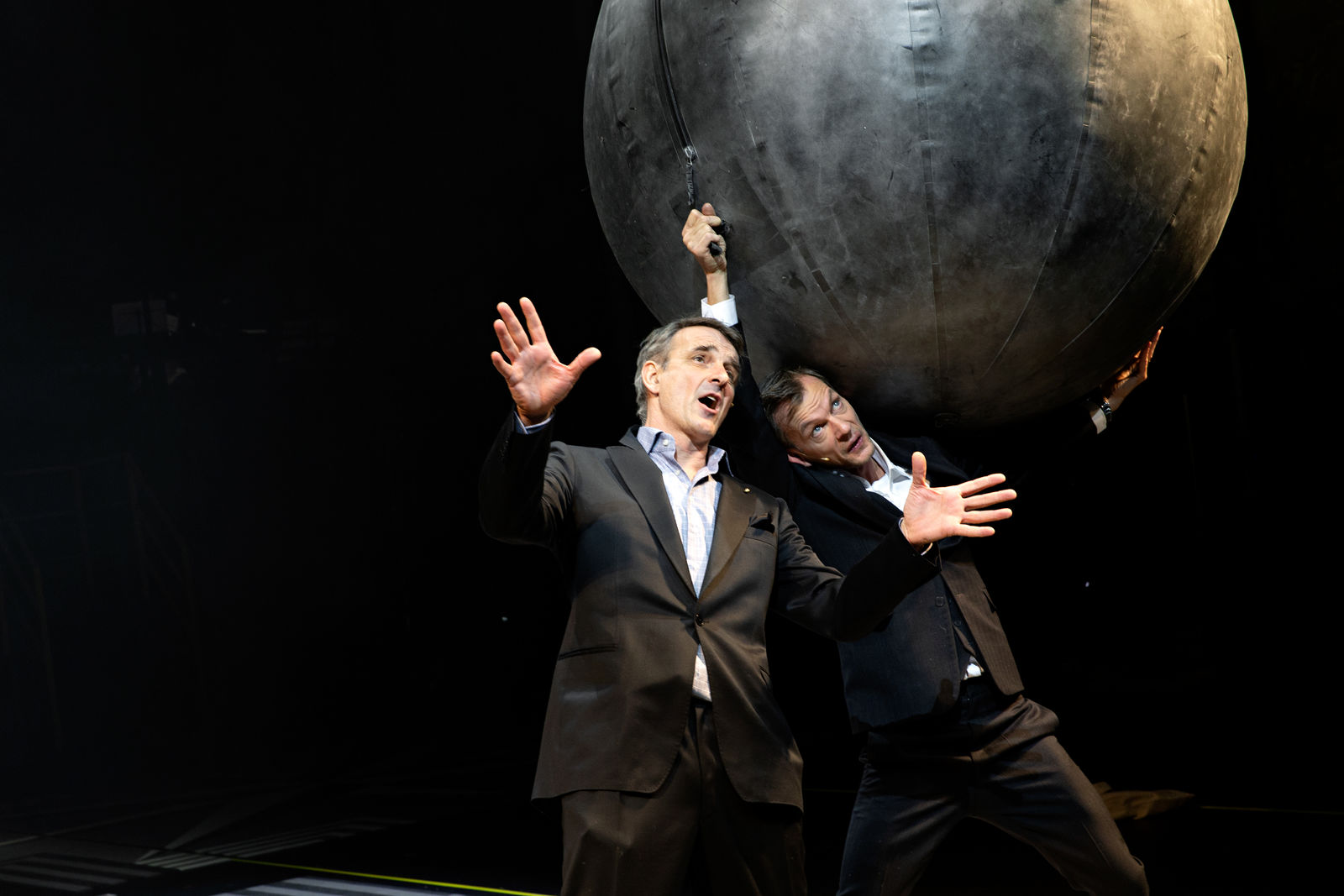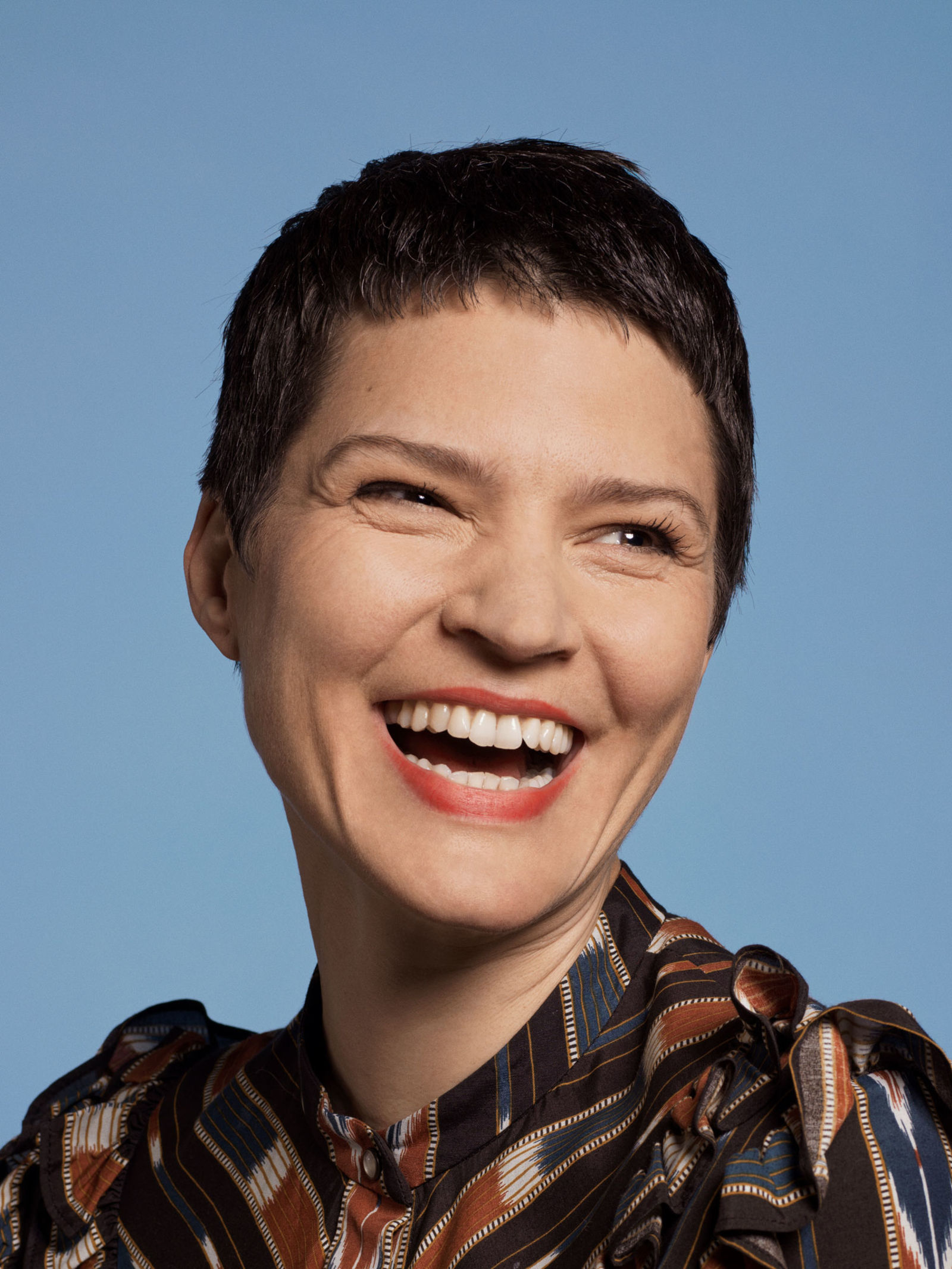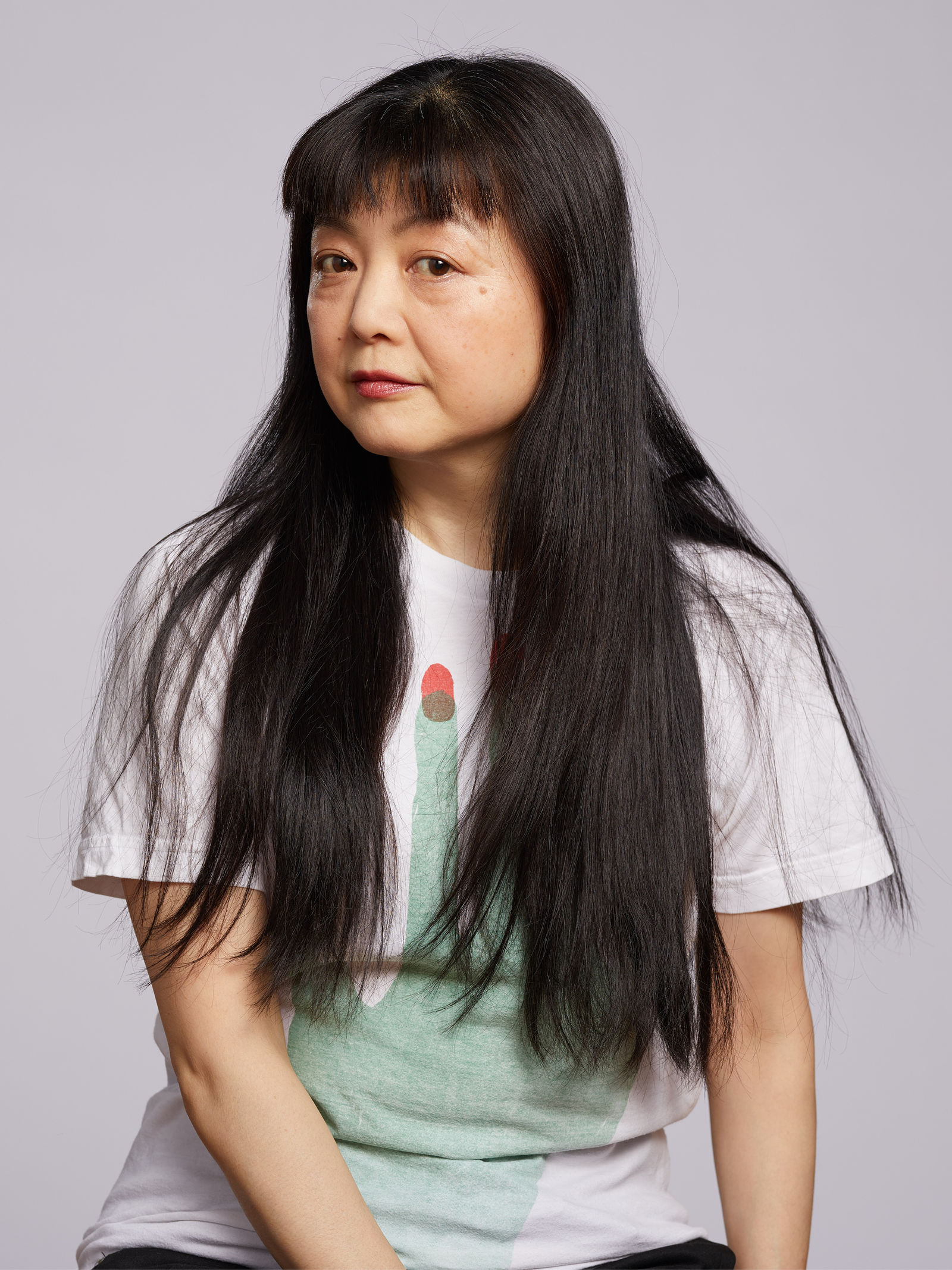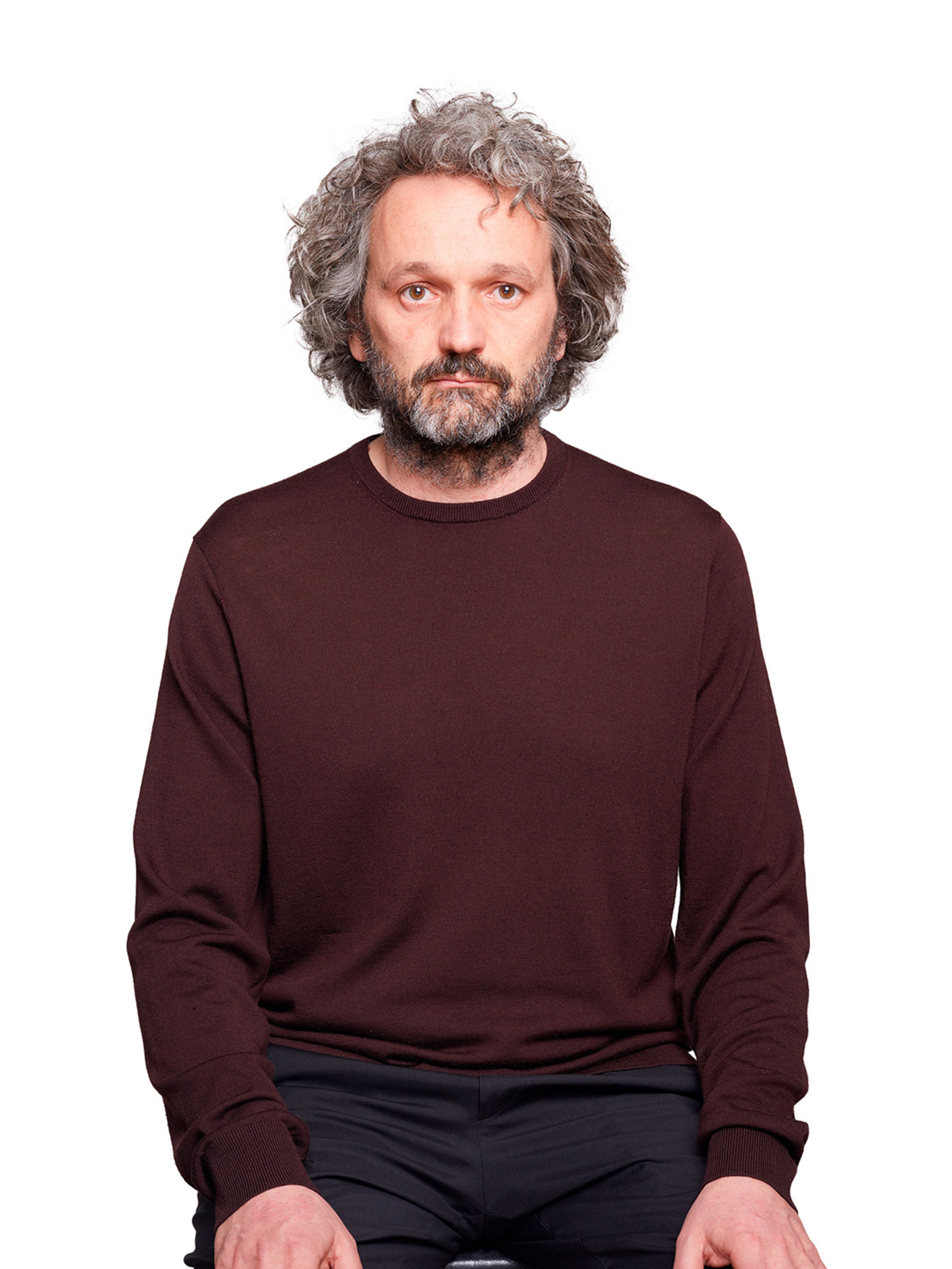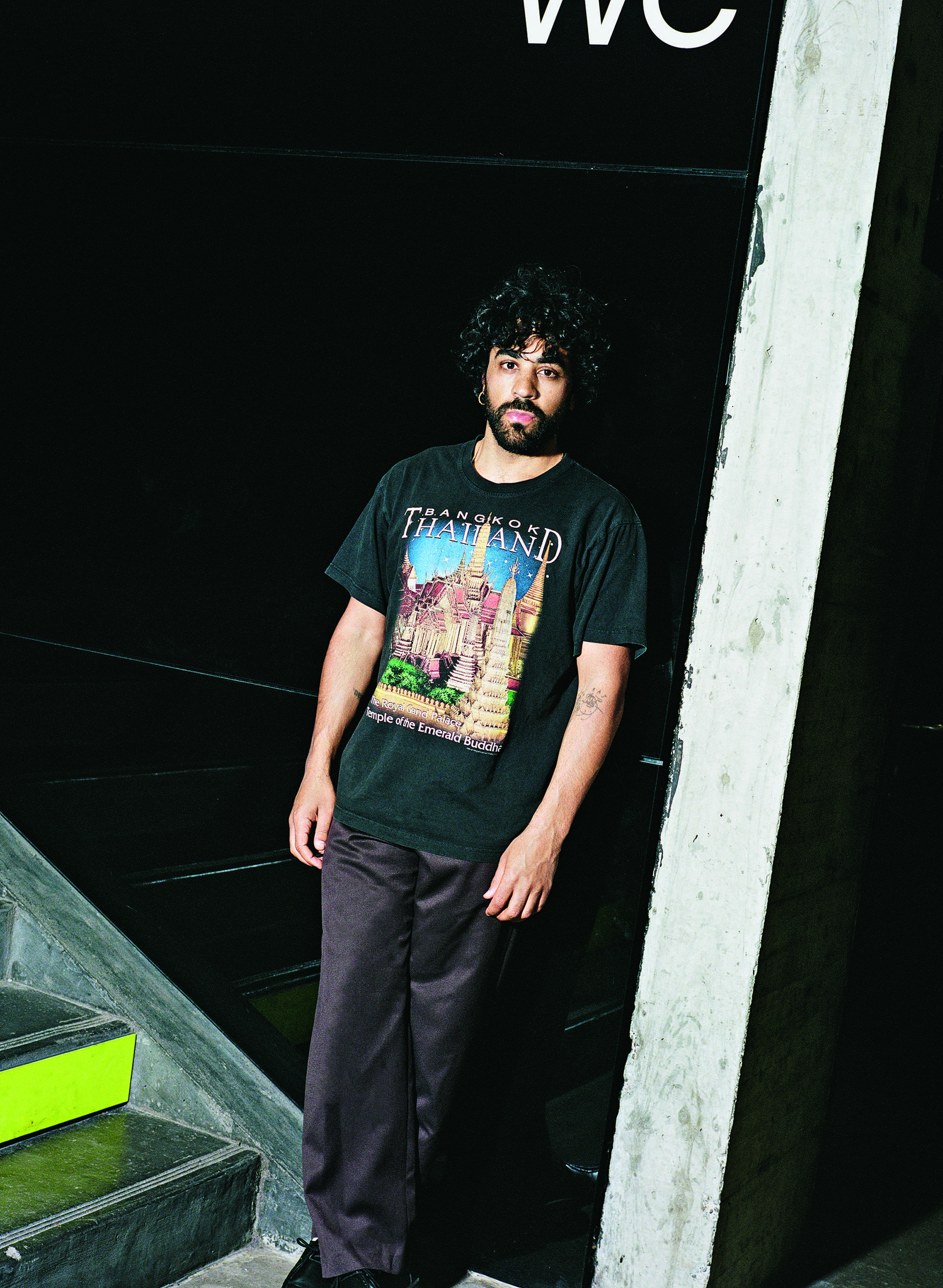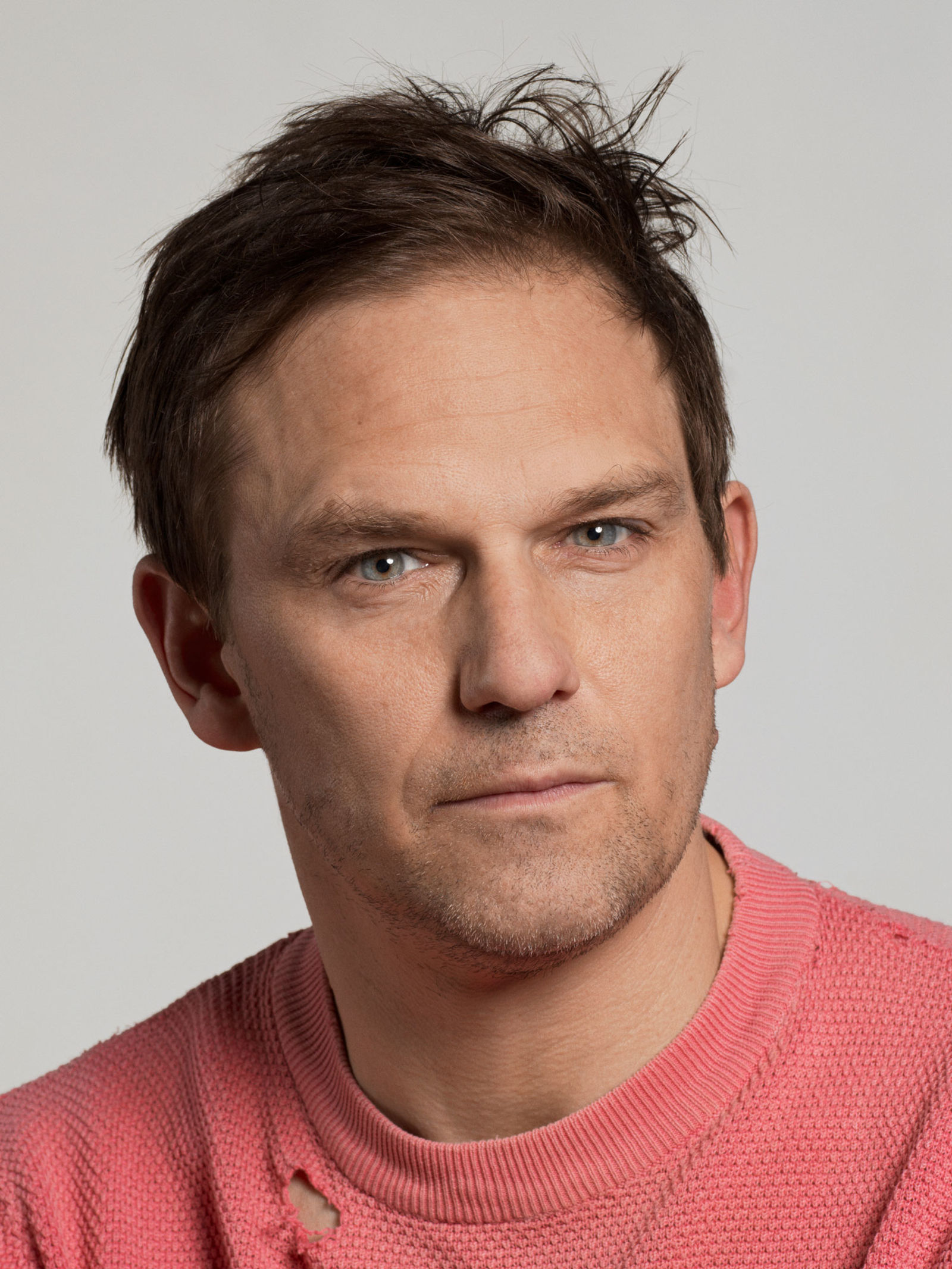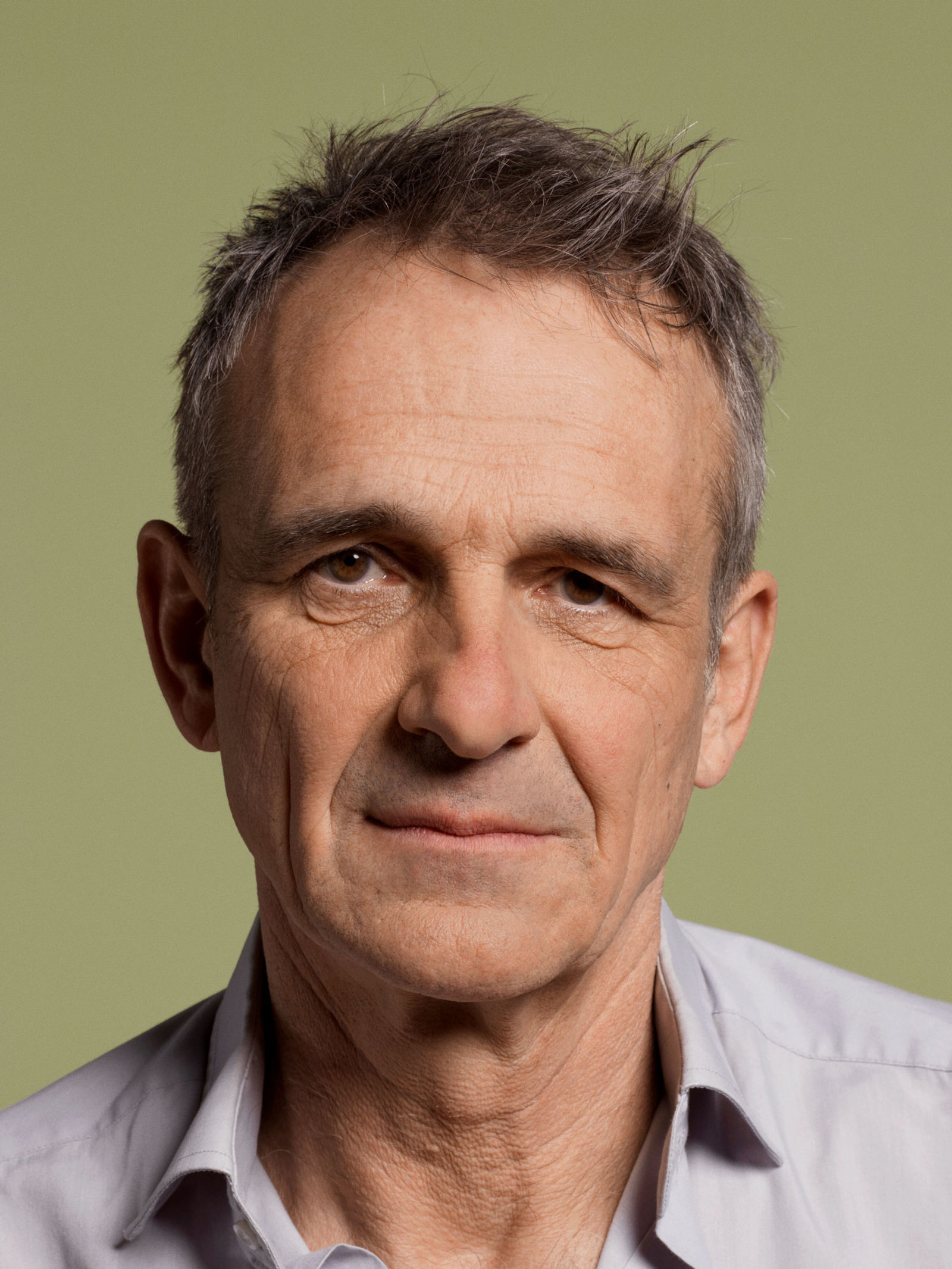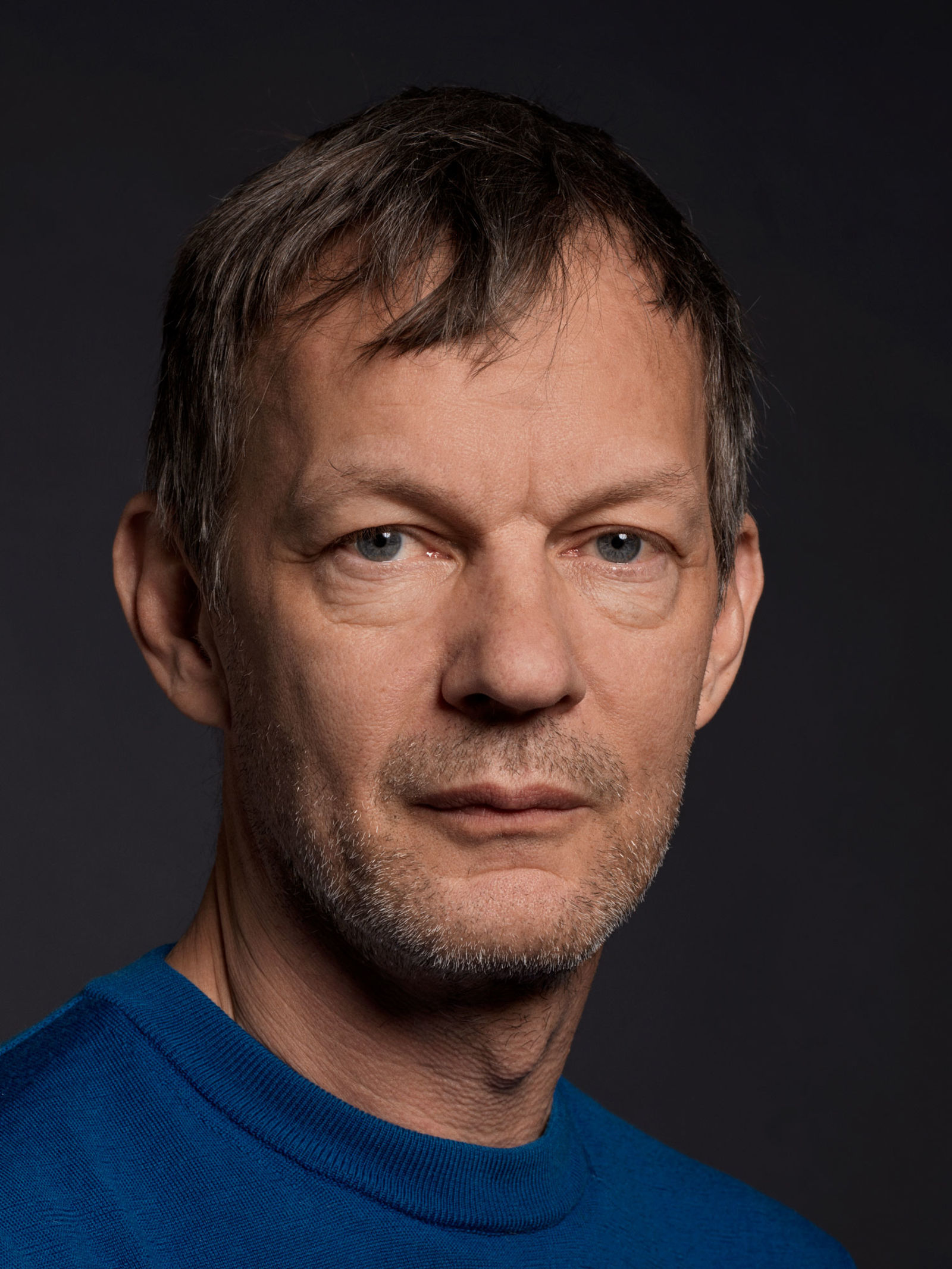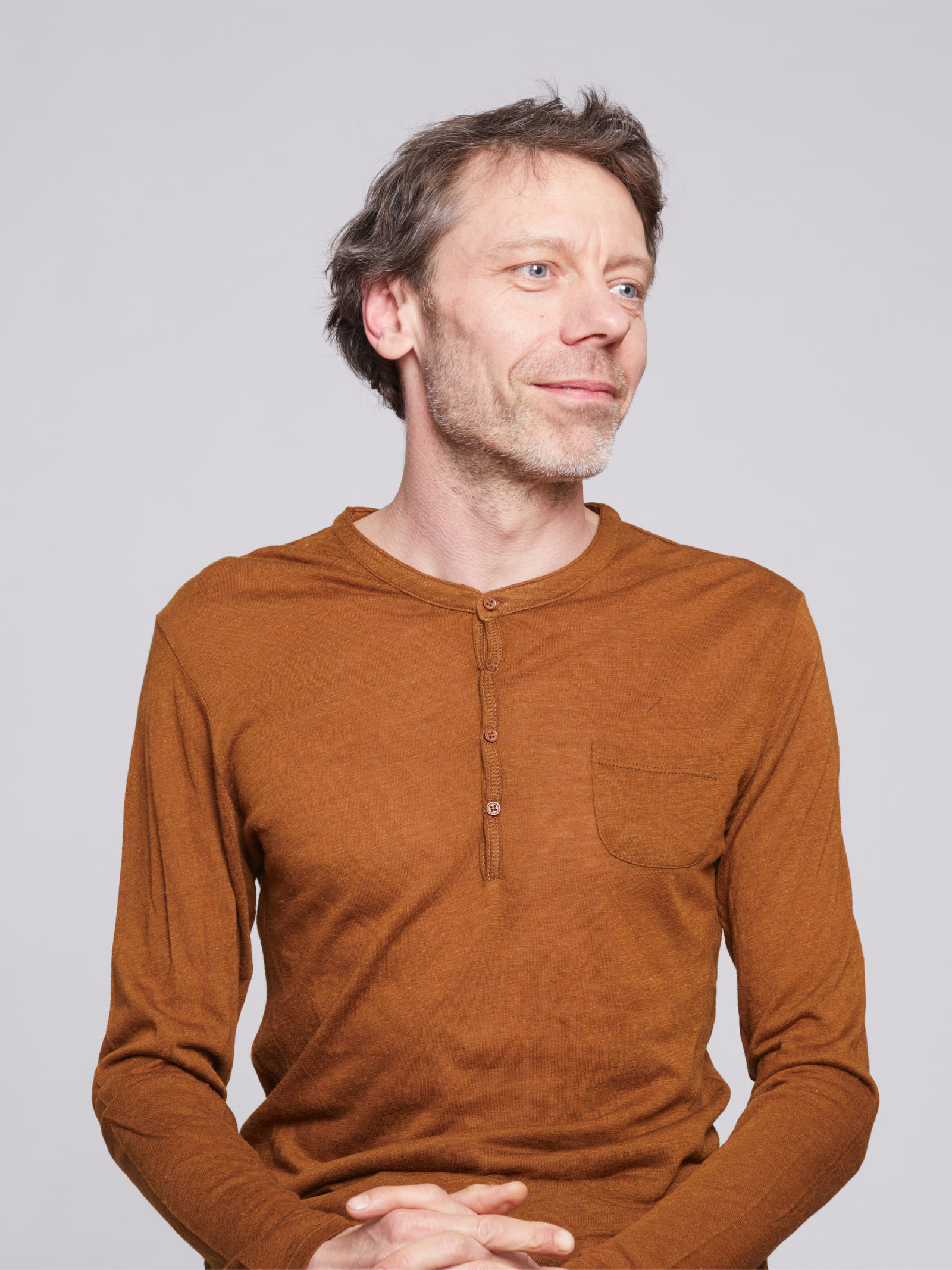“The capitalist economic system demands this ruthless dedication to the vocation of making money.” (Max Weber) – Since Atlas Shrugged by Ayn Rand was published in 1957, people claim that it is the most-read book in the USA after the Bible. As a prophet of neoliberalism, Rand describes how – of all people – the elite, the wealthy and powerful, use the traditional tools of the political left and go on strike. The key players in the economy withdraw, disappear from social life – and are suddenly simply not there anymore. And it is one single woman who tries to unravel the reasons behind this retreat. In this epoch defining work, Rand outlines an implacable work ethic that believes in perpetual growth and views solidarity as disruptive inconvenience. As an old woman, Ayn Rand had to fall back on the services of the welfare state (even if she did so under a false name), but as a fifty-year-old, she wrote a novelistic profession of faith for the self-proclaimed meritocratic elite, and in so doing propagandised in favour of a strictly hierarchical social order. Who actually defines the moral standards that individuals then base their actions on? Do human beings shape the system or does the system shape human beings? In his first production for the Schiffbau-Halle, Nicolas Stemann asks himself whether solidarity is a one-way street, and what it is exactly that holds a society together. Or indeed, lets it fly apart.
